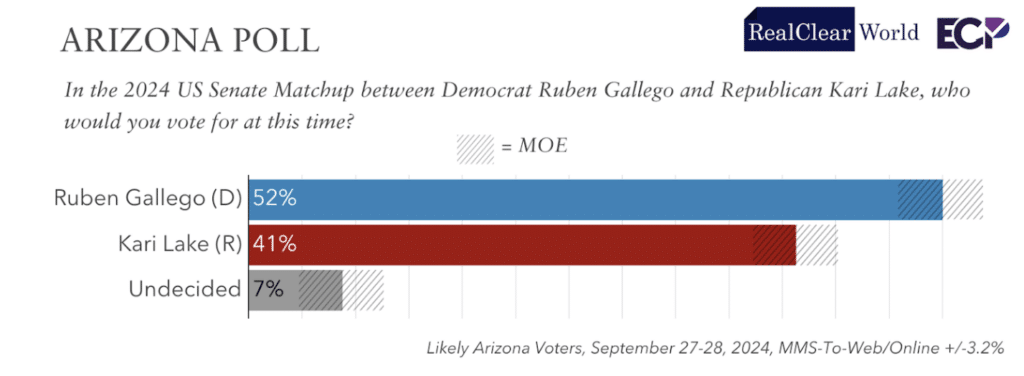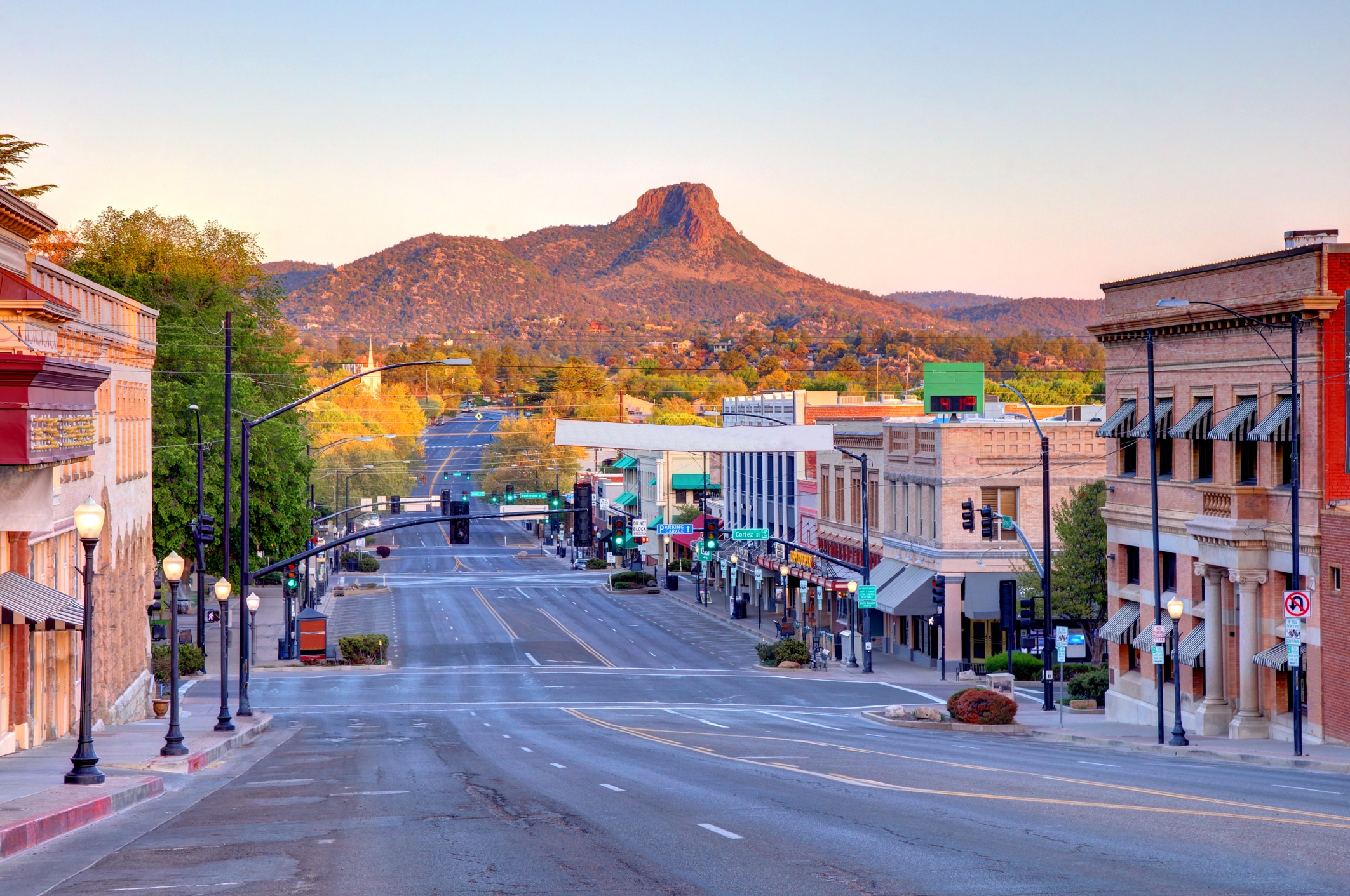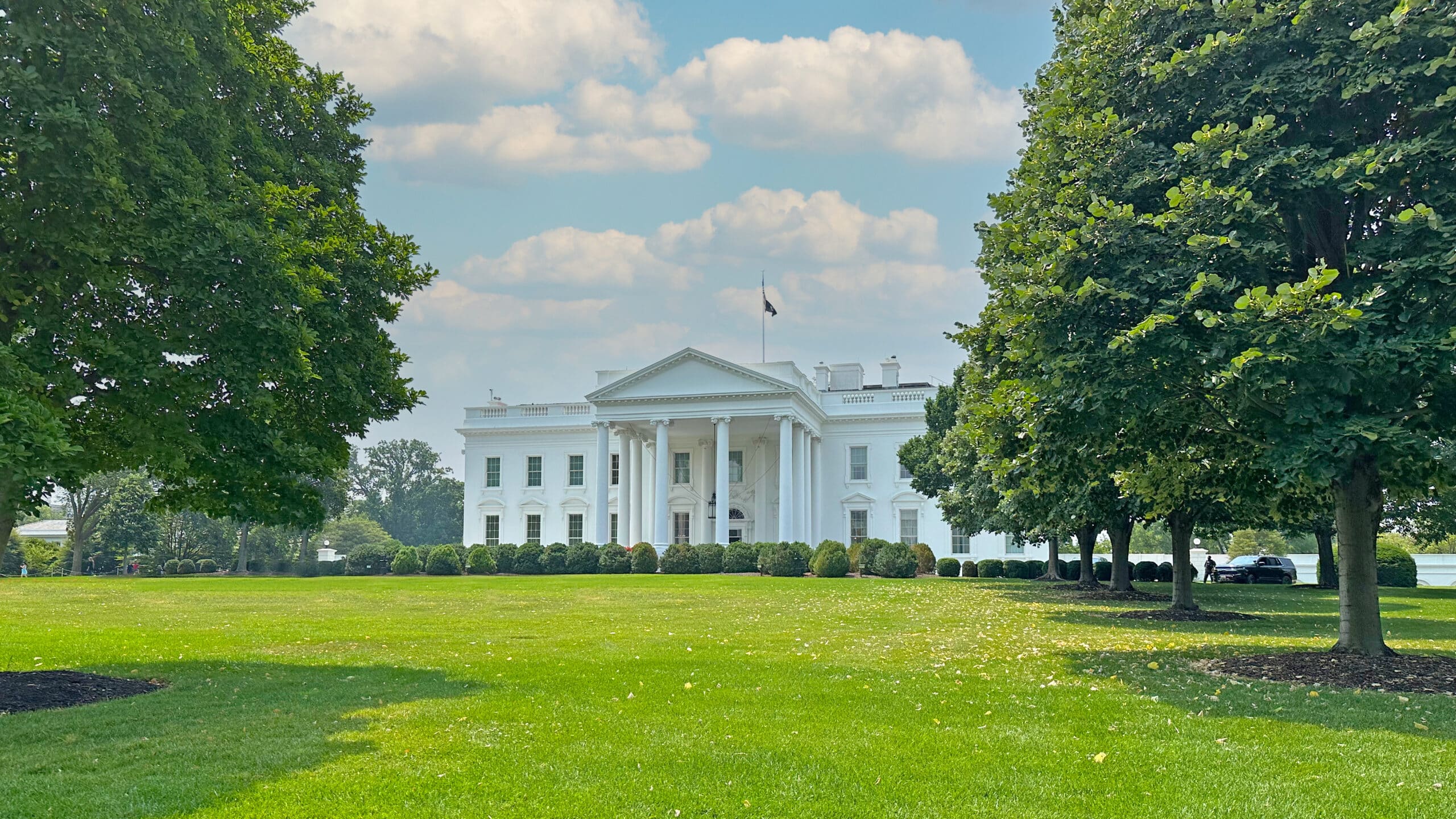Democratic Statewide Candidates Outperform Harris in Arizona & North Carolina
New Emerson College Polling/RealClearWorld surveys in Arizona and North Carolina, find a too-close-to-call presidential election. In Arizona, 50% support former President Trump while 47% support Vice President Kamala Harris. In North Carolina, 49% support Trump, while 48% support Harris.
Statewide Democratic candidates lead the Republicans in Arizona and North Carolina, outperforming Harris on the ballot. In the Arizona US Senate Election between Democrat Ruben Gallego and Republican Kari Lake, 52% support Gallego, 41% support Lake, and 7% are undecided. In the North Carolina gubernatorial election, Democrat Josh Stein leads Republican Mark Robinson, 52% to 33%, with 12% undecided.

“Split ticket voters in Arizona and North Carolina drive the Democratic candidate’s success,” Spencer Kimball, executive director of Emerson College Polling, said. “Notably, 10% of Trump voters also support Gallego in Arizona, compared to one percent of Harris voters splitting for Lake. Similarly, 12% of Trump voters also support Stein in North Carolina, compared to 2% of Harris voters switching over to Robinson.”
Voters were asked which presidential candidate they thought would be better for their personal financial situation. A majority of voters in each state think Trump would be better for their personal finances: 53% to 43% in Arizona, and 51% to 45% in North Carolina.
The top issue for voters is the economy in Arizona (30%) and North Carolina (49%). A majority of voters in the two states feel their economic situation is worse today than it was five years ago, including 60% in both Arizona and North Carolina. Twenty-six percent in Arizona say it is better, 25% in North Carolina say the same.
“Economic situation perception falls along partisan lines: 52% of Democrats in Arizona and 41% in North Carolina feel their economic situation is better than five years ago,” Kimball said. “This compares to majorities of Republicans who say it is worse: 86% in Arizona and 83% in North Carolina. Independents align more with Republicans in saying their situation is worse: 63% in Arizona and 57% in North Carolina.”
Methodology
The Emerson College Polling/RealClearWorld surveys were conducted September 27-28, 2024. The sample of likely voters in Arizona is n=920, in North Carolina is n=850. The polls have a credibility interval, similar to a poll’s margin of error (MOE), of +/- 3.2 percentage points in Arizona and +/- 3.3 percentage points in North Carolina. The data sets were weighted by gender, education, race, age, party registration, and region based on 2024 likely voter modeling. Turnout modeling per state is based on U.S. Census parameters, exit polling, and voter registration data.
It is important to remember that subsets based on demographics, such as gender, age, education, and race/ethnicity, carry with them higher credibility intervals, as the sample size is reduced. Survey results should be understood within the poll’s range of scores, and with a confidence interval of 95% a poll will fall outside the range of scores 1 in 20 times.
Data was collected by contacting cell phones via MMS-to-web text (phone list provided by Aristotle) and an online panel of voters provided by CINT. The survey was offered in English.
All questions asked in this survey with the exact wording, along with full results, demographics, and cross tabulations can be found under Full Results. Arizona and North Carolina surveys were funded by RealClearWorld.







